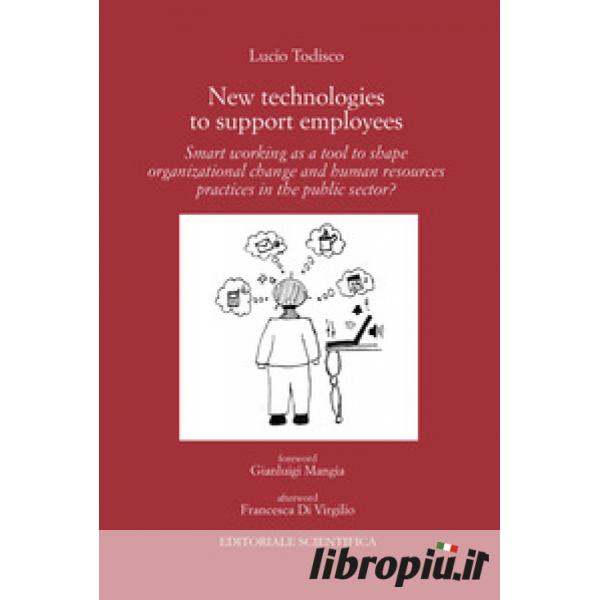
In recent years, the organizational debate has strongly focused on the transformative impact of technology on people's lives. One of the main topics concerned how technologies in organizational contexts can influence work activities, facilitating or hindering tasks, processes, and human resource management. On the one hand, therefore, the advent of technology has led to the birth of new forms of work that make the use of increasingly innovative technologies their central factor. On the other hand, the rapid spread of the COVID-19 health emergency has significantly reshaped the work landscape, encouraging the spread of those working methods that should enable flexibility and working from distance. In the Italian context, one of these forms of work is called smart working: different aspects of smart working have been exploited to guarantee business continuity, simplifying its implementation. As a form of work, it offers significant advantages to organizations. Positive effects are expected in productivity, goal achievement, well-being, and individual quality of life.
